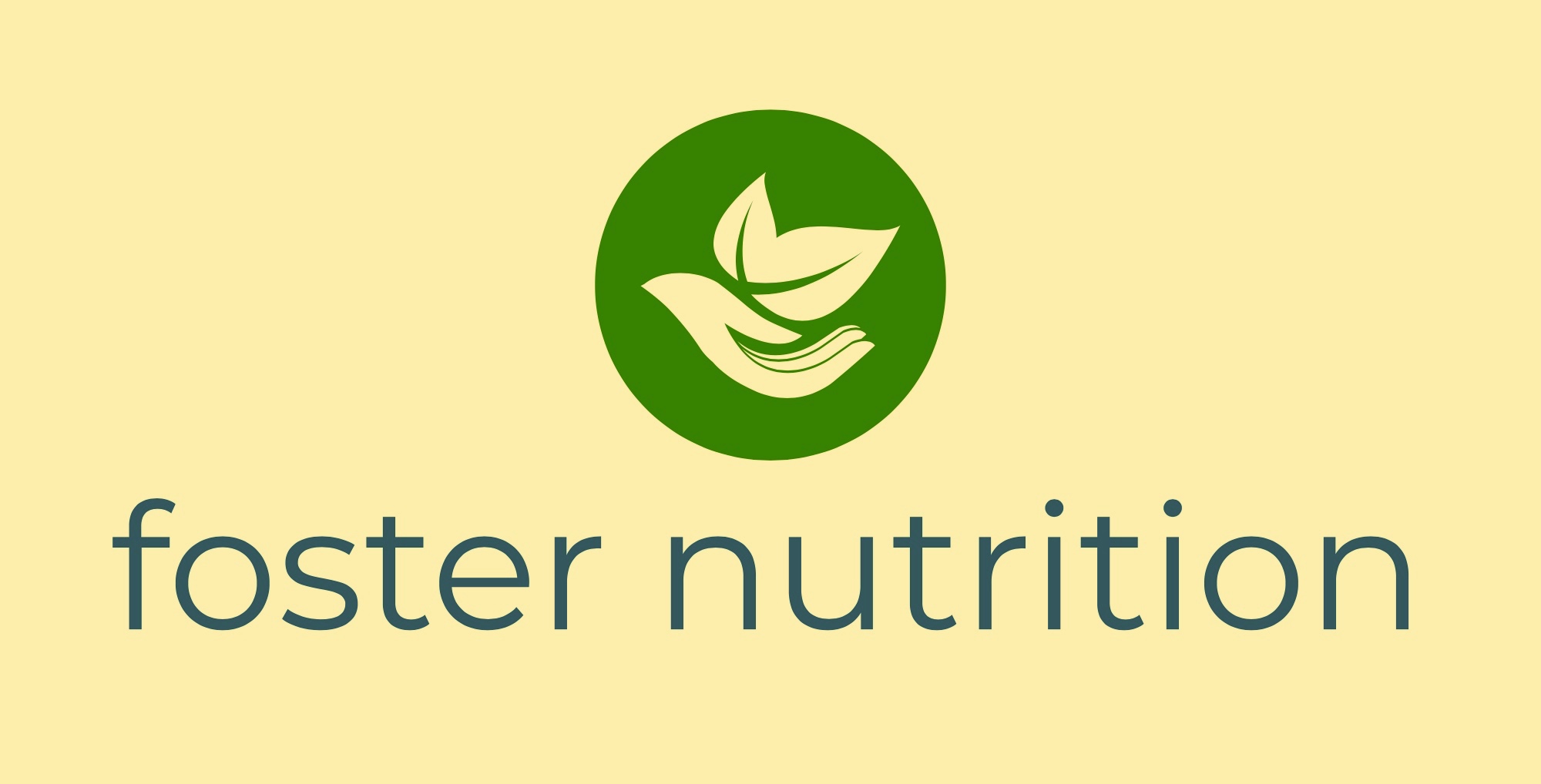Mindful Eating Simplified
Seven Ways to Bring Mindfulness to Eating
Most of us could use a little enlightenment when it comes to eating. The following suggestions are ways you can bring in more mindfulness to eating. Why? The most-compelling reasons are: peace of mind, better digestion, increased pleasure in eating, and improved relationship with food.
Breathe Deeply.
Breathing deeply 5 to 7 times before eating allows us to slow down and relax the muscles in our digestive tracts which helps aid in digestion. When we breathe deeply our brains signal to our parasympathetic nervous system to relax, further supporting the digestive process.
Set an Intention or Say a Prayer.
We sit down or sometimes stand up while we eat with little to no regard or care for the food we are about to ingest. It is often regarded as just fuel–a means to an end (in this case, hunger). Setting an intention or saying a prayer brings awareness to the present and directs the energy of the food and its synthesis in the body. The intention could be as simple as, “This food will fully sustain me until my next meal.” It could also be more complex and tailored to your specific needs or desires, such as:
“This meal is good medicine for my cold. It provides me with the nourishment and energy that I need to thrive.”
Taste the Food.
I mean really taste the food. How does it feel in your mouth? What kind of texture does it have—is it crunchy, chewy, smooth, etc.? What is the temperature of the food—cool, hot, or warm? Is it savory or sweet or perhaps both? Maybe it’s a little bitter or sour, pungent, and/or salty. Give each food the attention it craves. Embrace the diversity of the foods that grace your palate. Adopting a curiosity around food is a great practice that will serve you well.
Chew Your Food.
Yes, I know, perhaps I sound like your mother. But really, chew your food. Turning food into a liquefied state makes it easier on your GI tract, by requiring it to do less work. Much of our digestion starts in the mouth with enzymes like amylase. Our saliva contains these helpful enzymes but if we eat too quickly, barely chewing our food, they don’t get to do their job.
Slow Down and Keep Breathing Deeply.
Rushing creates anxiety because we are no longer operating in the present. Focusing on tasks that need to get done or other stressors takes us away from the practice and ritual of eating. Eliminate distractions such as watching TV, driving, and checking social media.
Don’t Drink Anything Before, During or After the Meal.
Drinking fluids, especially cold ones inhibits digestion. A good general rule to follow is to avoid drinking anything 30 minutes before and after your meal. This helps your digestive juices stay potent so they can effectively transform your food into energy. If you have difficulty swallowing or are just having a difficult time ditching the liquid at a meal, then keep a glass of lukewarm water handy (a squeeze of lemon will often make it more palatable) and take small sips.
Be Grateful.
Express gratitude for the nourishment of the food. True gratitude begets true contentment, true happiness, and better digestion.
“If you truly get in touch with a piece of carrot, you get in touch with the soil, the rain, the sunshine. You get in touch with Mother Earth and eating in such a way, you feel in touch with true life, your roots, and that is meditation. If we chew every morsel of our food in that way we become grateful and when you are grateful, you are happy.”
~Thich Nhat Hanh
